Science Talk
With our Science Talk blog, we hope to lift the lid on the black box that is the ICR: to show you inside our labs, to introduce you to a few of the people here who make the discoveries, and to allow them to tell some of the stories behind the science. We try to put our discoveries in a wider scientific context, and give an idea of how our science is actually done. We also give you the view from the ICR of important developments in the wider world of cancer research.

Taking time out from cancer research to meet the future King
A team representing The Institute of Cancer Research, London, recently visited Buckingham Palace to receive a major honour from Prince Charles. Our Head of Media Relations, Ben Kolb, met two PhD students from the group to find out more about their experience of the day and life studying at the ICR.

Putting the person in personalised medicine
Dr Sam Dick, our Science Information and Policy Officer, considers the importance of assessing a patient’s views about their quality of life for the future of personalised medicine.

ICR researchers attending the 2018 AACR Annual Meeting tomorrow
As many of our researchers attend the AACR Annual Meeting – ‘Driving innovative cancer science to patient care’ - between 14th - 18th April in Chicago, here’s a snapshot of the exciting science they will be presenting.

Seeing the future of radiotherapy in the MR Linac
We are currently calibrating a revolutionary new type of radiotherapy machine, which is set to transform cancer treatment by allowing radiation to be aimed at tumours with extreme precision. The ICR’s Helen Craig experienced the MR Linac from the inside.

Can we be satisfied with progress on children’s cancer?
A new analysis of the impact of European regulations designed to bring through new treatments for children with cancer has expressed disappointment at the speed of progress. The ICR’s Dr Eva Sharpe finds out more.

The power of precision medicine in cancer drug discovery and treatment
Dr Olivia Rossanese is finding new ways to target cancer with drugs and previously, at GlaxoSmithKline, was in the team that discovered the targeted cancer treatment, and BRAF inhibitor, dabrafenib. Our Communications Administrator, Tilly Haynes, heard what she had to say about the future of precision medicine at The Economist’s ‘War on Cancer’ event.
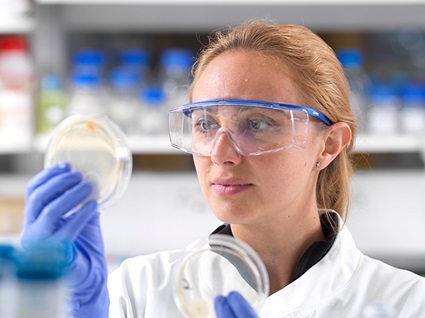
How we’re tackling gender inequality in science
Professor Jessica Downs is our Professor of Epigenetics and Genome Stability, and an advocate for gender equality at the ICR. To coincide with International Women’s Day, here she gives a personal view on promoting equality for women in science.
-tmb-00.jpg?sfvrsn=4b677f0e_2)
Why rare cancers deserve a greater focus and a more targeted approach
The theme of Rare Disease Day 2018 is research. We asked Professor Winette van der Graaf, Professor of Personalised Oncology at The Institute of Cancer Research, London, to share her experiences of research into rare cancers and how this can improve outcomes for patients.

Do academic organisations make enough money from their inventions?
Dr Angela Kukula asks whether academic organisations should gain financially from lucrative discoveries – and proposes some solutions to the high costs of new cancer drugs.
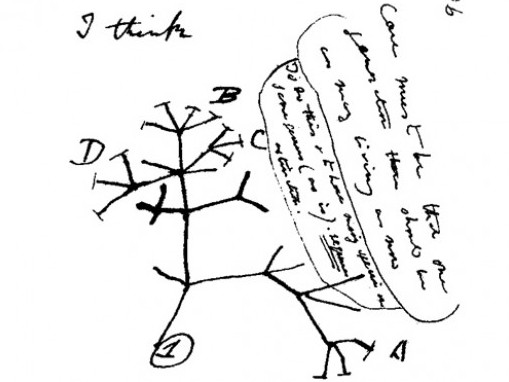
Could Darwin help us outsmart cancer?
To celebrate Darwin Day, we invited Professor Andrew Read from Pennsylvania State University to talk to us about why cancer researchers should care about the founder of evolutionary biology, and why his 150-year old findings might just be the most important weapon we have to defeat cancer.

How a genomics approach to radiotherapy could improve outcomes for prostate cancer patients
Last week saw The Festival of Genomics return to London. Dr Keith Bradnam reports on one of the exciting talks that took place in a special session of presentations from ICR early-career scientists.

World Cancer Day 2018: five ways our world-class cancer research is helping patients
Today is World Cancer Day – a growing, global movement which aims to unite the world to find better treatments against cancer. Graham Shaw introduces some of our world class research.
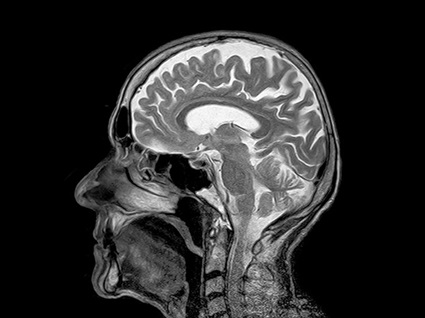
Rethinking clinical trials – how Tessa Jowell’s intervention could benefit people with cancer
Baroness Tessa Jowell has helped to raise awareness of the need for patients to access the latest drugs and treatments more quickly on the NHS. The ICR’s Rose Wu looks at why increasing flexibility around clinical trials could bring benefit to patients.

Delivering on the promise of Big Data
Using Big Data effectively will allow us to answer key questions for cancer research and treatment, but there are challenges. The ICR’s Dr Eva Sharpe finds out more.
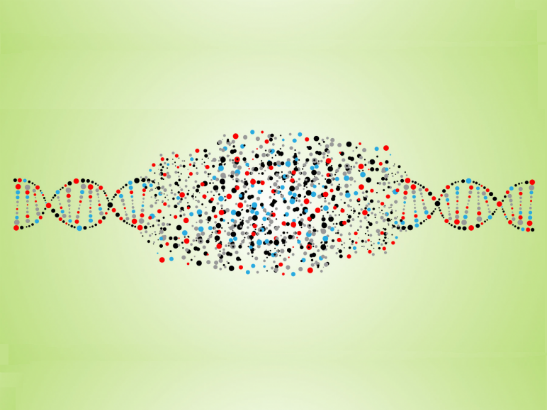
How cancer research leads to new understandings of life itself
As well as leading to cures and treatments, cancer research leads to completely new understandings of the fundamental processes of life. Henry French introduces some of the ICR’s recent discoveries.

From nerdy kid to cancer research imaging pioneer – profiling the ICR’s Professor Jeff Bamber
At the end of last year, Professor Jeff Bamber was invited to give an inaugural lecture at the ICR celebrating his career in cancer imaging so far. Tilly Haynes, our Communications Administrator, spoke with Professor Bamber to get an insight into the man behind the research and learn some of his research highlights from 2017.
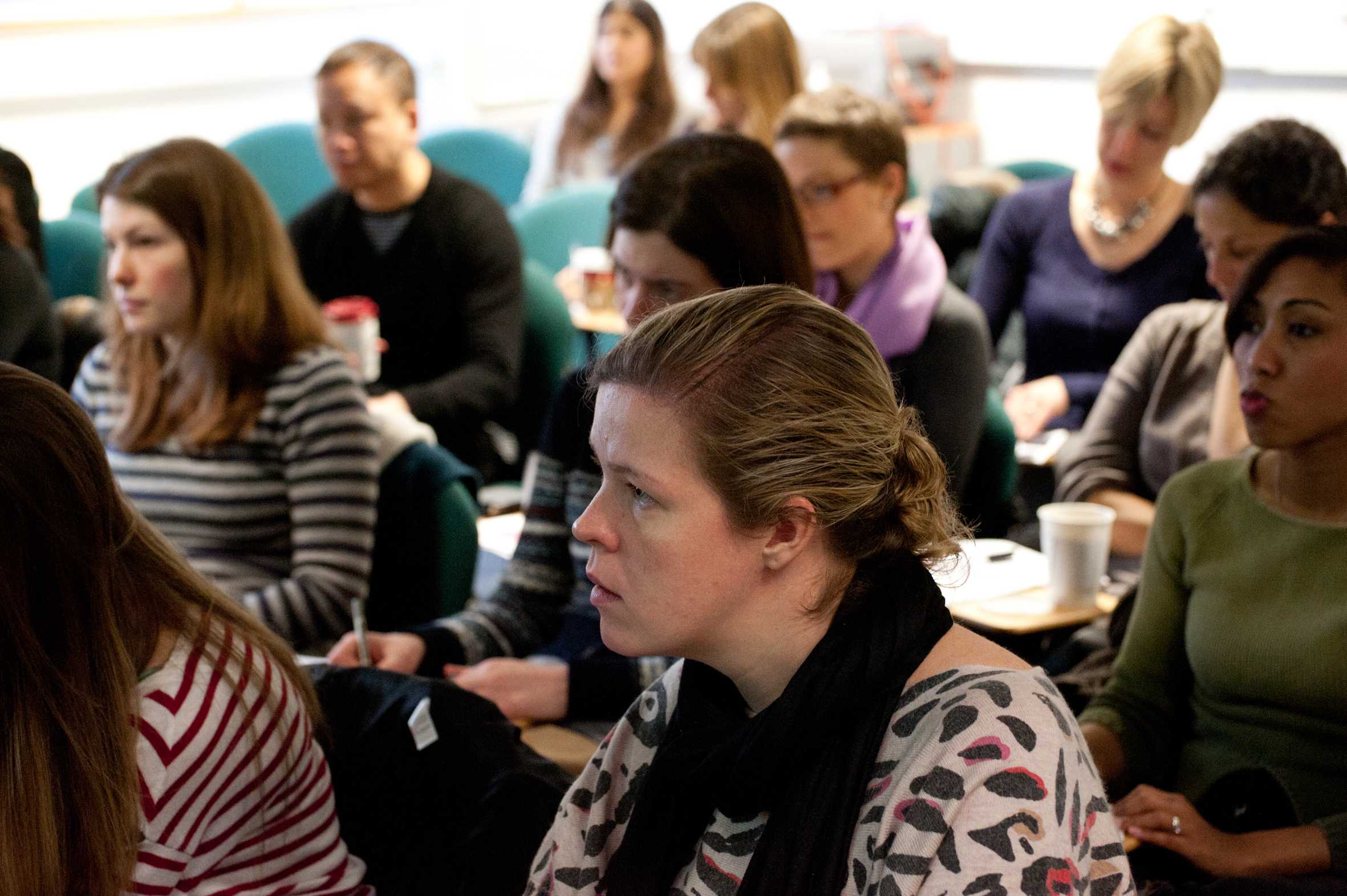
Addressing career inequalities in cancer research
Henry French speaks to Dr Vanessa McKean, Equality, Diversity and Inclusion Manager, about the ICR’s work to embed equality in everything we do.

Investing in the future – what does the life sciences sector deal mean for cancer research?
This week the government announced the first of its sector deals – an agreement between the Government and the life sciences sector on how they will turn the recommendations in the Life Sciences Industrial Strategy into reality. Our Science Information and Policy Officer, Dr Sam Dick takes a closer look to see what it means for the future of cancer research.
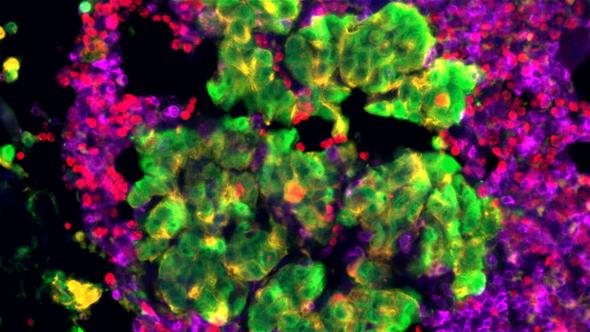
How data modelling will transform prostate cancer treatment
Our researchers have been at the forefront of major clinical trials that have dramatically improved prostate cancer treatment. Henry French explains how we now plan to use statistical modelling methods to learn more about the vast amount of data we’ve collected, to further benefit future patients.
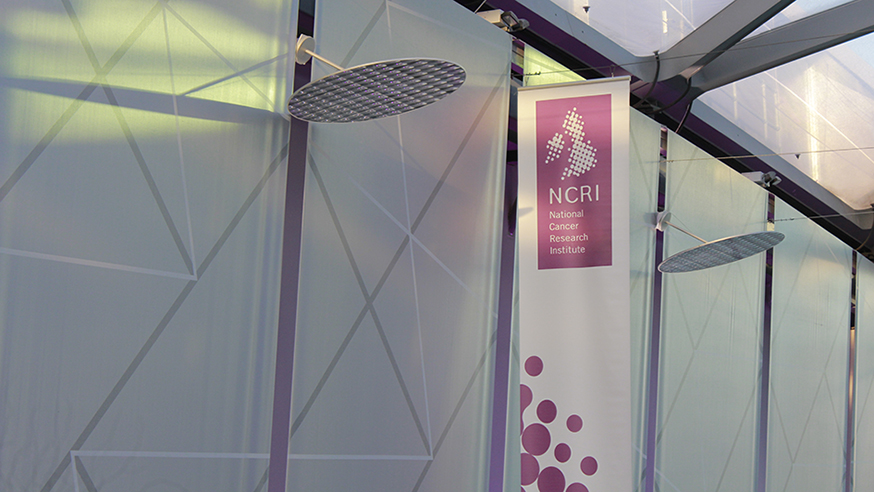
NCRI 2017: Take home messages from the conference
We consider what the 2017 NCRI conference tells us about the future of cancer treatment.